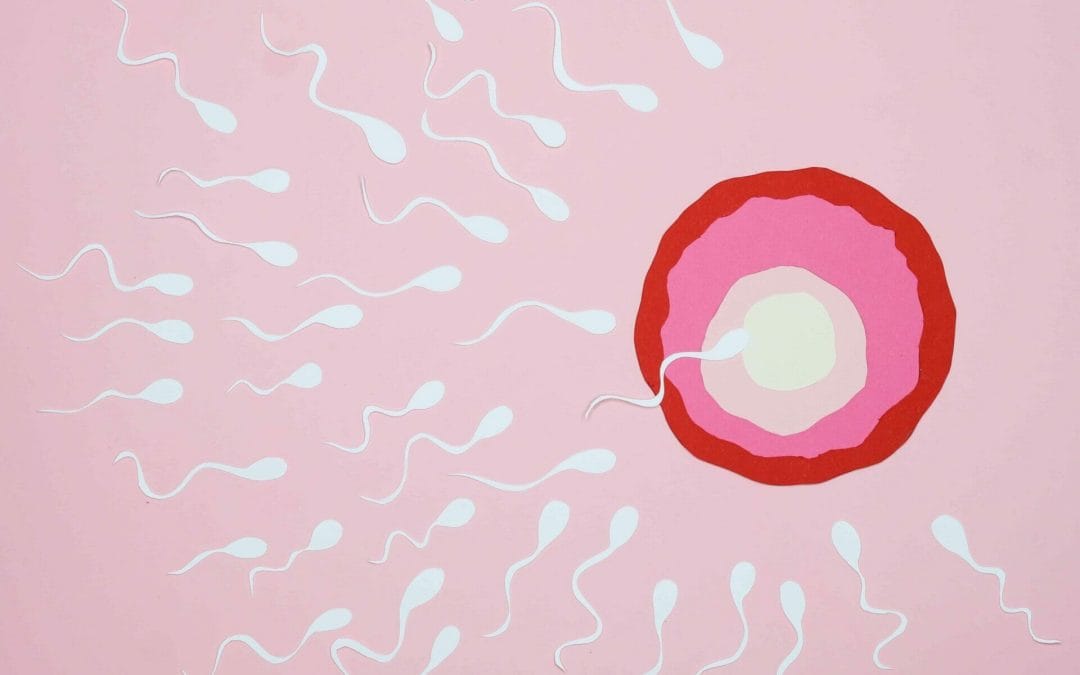When it comes to getting pregnant nothing could be easier right? Unfortunately, many couples, especially those who wait until their thirties are finding out that creating life is not quite as simple as it seems. But before you turn to a specialist you may want to take a look at a few areas of your lifestyle that could be affecting your ability to make a baby.
Smoking
Smoking or being exposed to smoke can have an incredibly detrimental effect on your ability to conceive. While smoking does not actually seem to affect fertility directly, studies suggest that women exposed to smoke take much longer to conceive than those who aren’t. The theory is that somehow the components of smoke affect the sperm once they have entered the female reproductive system, making it harder for them to fertilize the egg.
So, if you are a smoker, stop now. If you are exposed to smoke at the workplace or home, find a way to get away from it. Not only will it do you good now, it will increase your chances of getting pregnant and having a healthy baby.
This advice does not apply to women alone, either. Studies have shown that men who are trying to conceive with their partner can increase their sperm count by up to 800% simply by cutting tobacco out of their lives. That’s a lot more swimmers!
Stress
Sometimes the largest factor preventing pregnancy can be your desire to get pregnant. The more you and your spouse worry about getting pregnant, the more stress you introduce to the situation. Our bodies have a way of detecting the optimal time to get pregnant, and when a woman has high stress levels she is much less likely to become pregnant during that time. Any woman who has experienced stress will know that it can play havoc on our body’s natural rhythms.
So, consider meditation or yoga to reduce stress in your life. It will make you healthier, happier and more likely to conceive.
Diet
We all know that a good diet is important, but few realize just how important it is when it comes to getting pregnant. In fact, one study published in OBGYN News reported that 79% of infertile couples consume a lower than average amount of foods that are high in antioxidants. It is thought that the combination of vitamins C and E, which are found in large amounts in fruits and vegetables increase the male sperm count and help the sperm to swim better.
Another element that seems to affect fertility is mercury levels, which can result from a diet high in seafood. The lesson here is to cut back on fish and increase the amount of fruits and vegetables in your diet to pave the way for a baby.
Nature’s Helpers
There are quite a few natural supplements out there that have proven to help couples get pregnant, such as:
- Zinc and folic acid to increase sperm counts
- Fertility vitamins including folic acid, vitamins E, B6 and B12, iron magnesium, zinc L-arginine (amino acid), selenium, chasteberry (herb also called vitex) and green tea can increase conception rates for women.
- A supplement of vitex alone has been shown to increase fertility rates in a control group from 45% to 82%
Regardless, any woman who is trying to get pregnant should be taking a good prenatal supplement that contains folic acid.
Pesticides
Exposure to pesticides has been linked to a decrease in fertility and conception rates in women, as these chemicals can affect the estrogen receptors in the body. And pesticides can affect the male reproductive system as well by reducing testosterone levels.
It is vital that any couple trying to get pregnant reduce their exposure to pesticides wherever possible, starting in your home and yard. Doing so will improve your health as well as your fertility.
Sleep
Physicians, scientists and researchers are always telling us to get more sleep, and while we may or may not listen to them when it comes to our own health, when it comes to conceiving you should have your ears wide open. Not having enough sleep, or having an irregular sleep pattern can affect fertility in two ways. For one it can disrupt your menstrual cycle and make it more difficult to track your fertility window, and secondly it can reduce the levels of leptin in the body, which is a hormone that is extremely important when it comes to female fertility.
So plan on getting more regular sleep while you are trying to conceive, and don’t worry because you will be as sleep deprived as you can get once your baby arrives.

